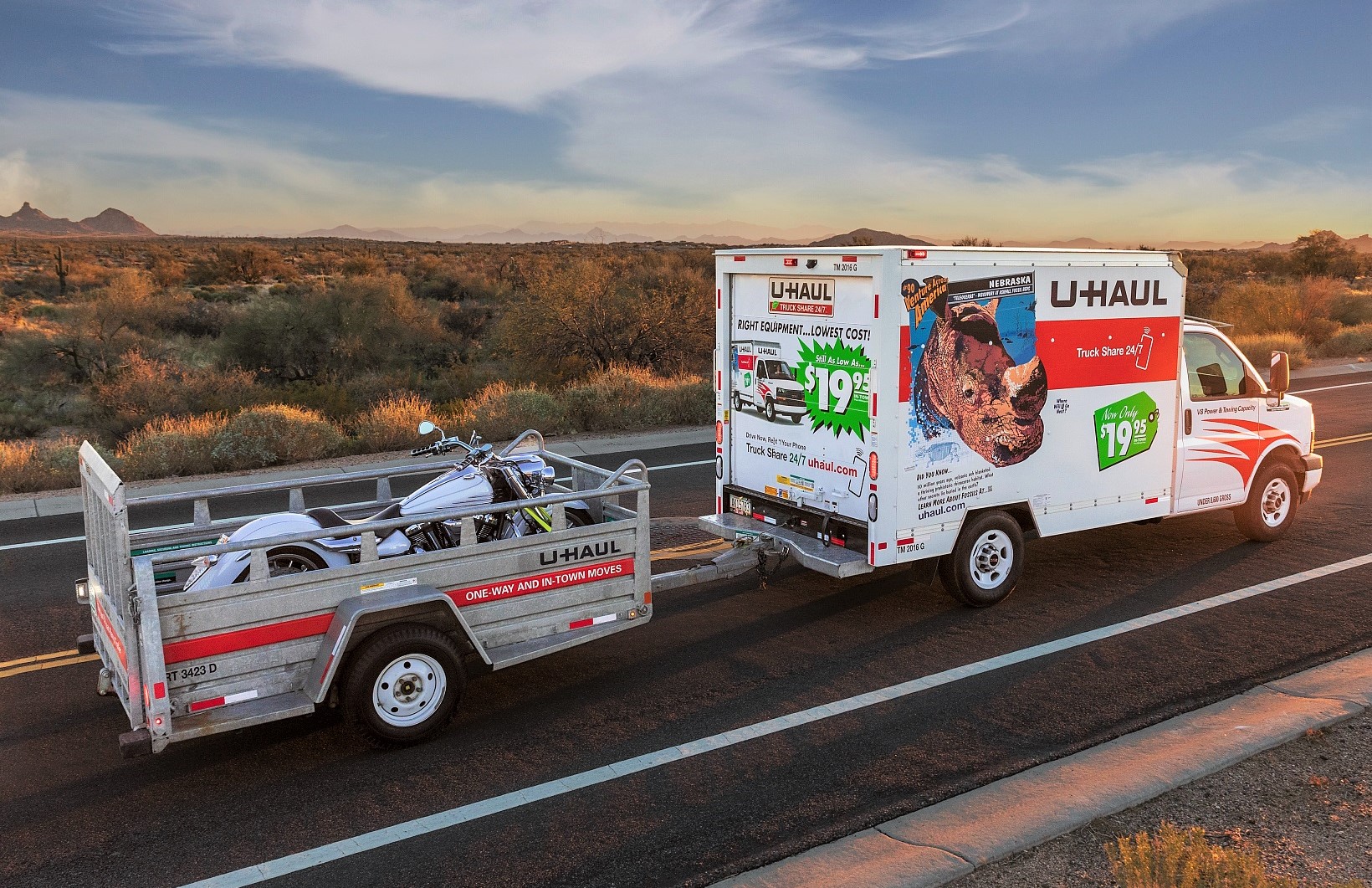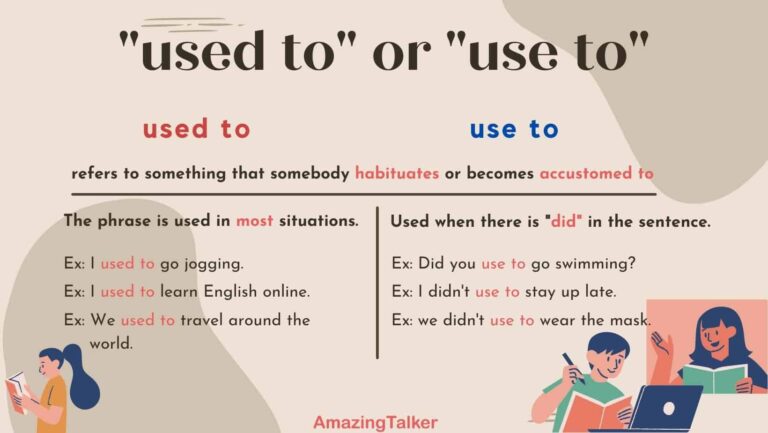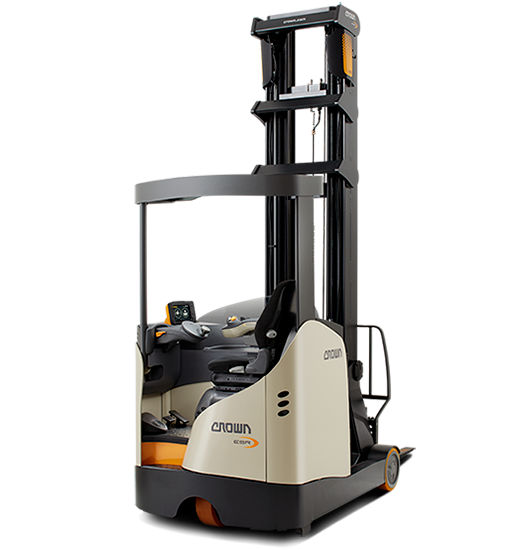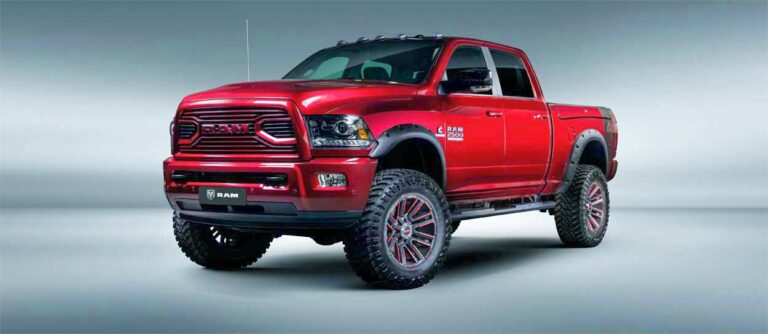What Kind of Trailers Does U-Haul Rent? Your Comprehensive Guide to Hauling Solutions
What Kind of Trailers Does U-Haul Rent? Your Comprehensive Guide to Hauling Solutions cars.truckstrend.com
Moving, transporting large items, or even just clearing out the garage often presents a common challenge: how do you get your belongings from point A to point B safely and efficiently? For millions, the answer lies in U-Haul’s extensive fleet of rental trailers. More than just a truck rental company, U-Haul has established itself as the go-to resource for a diverse range of hauling needs, offering an impressive array of trailers designed to tackle everything from a few boxes to a full-sized vehicle. Understanding the specific types of trailers U-Haul offers, their capacities, and their ideal uses is crucial for making an informed decision that saves you time, money, and hassle.
This comprehensive guide will delve into the various categories of trailers available for rent from U-Haul, providing detailed insights into their features, benefits, and important considerations. Whether you’re a first-time renter or a seasoned DIY mover, this article aims to equip you with the knowledge needed to select the perfect trailer for your next hauling adventure.
What Kind of Trailers Does U-Haul Rent? Your Comprehensive Guide to Hauling Solutions
The U-Haul Trailer Advantage – Why Choose U-Haul?
Before exploring the specific types, it’s worth understanding why U-Haul remains a top choice for trailer rentals. U-Haul’s primary strength lies in its unparalleled network, boasting thousands of locations across North America. This extensive reach not only ensures widespread availability but also facilitates convenient one-way rentals, allowing you to pick up a trailer in one city and drop it off in another.
Beyond sheer accessibility, U-Haul trailers are known for their robust construction and regular maintenance, adhering to safety standards. Each rental typically includes features like safety chains, lighting connections, and a customer support system that offers roadside assistance if needed. Their user-friendly online platform also allows for easy reservations, vehicle compatibility checks, and access to a wealth of moving resources, making the entire rental process as smooth as possible.
Enclosed Cargo Trailers – Protecting Your Precious Cargo
When your belongings require protection from the elements, dust, or theft, U-Haul’s enclosed cargo trailers are the ideal solution. These trailers are fully covered, providing a secure and weather-resistant environment for your items. They are perfect for transporting household goods, electronics, furniture, or anything that needs to stay clean, dry, and out of sight.
Features and Benefits:
- Weather Protection: Keeps items safe from rain, snow, wind, and sun.
- Security: Lockable doors deter theft and keep your possessions secure during transit or overnight stops.
- Variety of Sizes: Available in several dimensions to match different hauling volumes.
- Flat Floors: Easy to load and stack boxes and furniture efficiently.

Available Sizes and Typical Uses:

- 4×8 Cargo Trailer: The smallest enclosed option, ideal for small apartments, dorm rooms, or extra storage. Perfect for boxes, small furniture, or a few appliances.
- 5×8 Cargo Trailer: A popular choice for one-bedroom apartments or small moves. It can fit a queen-size mattress and box spring, along with several boxes.
- 5×10 Cargo Trailer: Offers more space for a larger one-bedroom or small two-bedroom apartment. Good for sofas, dressers, and more boxes.
- 6×12 Cargo Trailer: The largest enclosed trailer, suitable for a two-bedroom apartment or house. It can accommodate larger furniture pieces, multiple appliances, and a substantial number of boxes. This size often comes with a ramp for easier loading of heavier items.

Key Considerations:
While enclosed trailers offer great protection, they are typically heavier than open trailers, requiring a more capable towing vehicle. Loading tall items can be challenging if they exceed the interior height. Always distribute weight evenly to maintain stability.
Open Utility Trailers – Versatility for Every Haul
For items that are too bulky, irregularly shaped, or simply don’t require protection from the elements, U-Haul’s open utility trailers offer unparalleled versatility. These trailers feature an open bed, making them perfect for landscaping materials, construction debris, ATVs, motorcycles, large appliances, or oversized furniture.
Features and Benefits:
- Easy Loading: Open top and often low sides or ramps make it simple to load awkward or heavy items.
- Versatility: Accommodates items of varying heights and shapes that wouldn’t fit in an enclosed trailer.
- Lower Cost: Generally less expensive to rent than enclosed cargo trailers.
- Durability: Designed for rugged use, often with steel mesh floors and sturdy frames.
Available Sizes and Typical Uses:
- 4×7 Utility Trailer: Smallest open trailer, great for yard waste, small equipment, or a few pieces of furniture.
- 5×8 Utility Trailer: A common choice for general hauling, gardening supplies, or small home improvement projects.
- 5×9 Utility Trailer with Ramp: A highly popular option, featuring a sturdy ramp for easy loading of lawnmowers, ATVs, motorcycles, or heavy appliances.
- 6×12 Utility Trailer (Single Axle): Offers more space for larger loads like sheetrock, lumber, or multiple motorcycles.
- 6×12 Utility Trailer (Tandem Axle): The largest and most robust utility trailer, with two axles for increased weight capacity and stability. Ideal for heavy construction materials, multiple ATVs, or larger equipment.
Key Considerations:
All items on an open utility trailer must be securely tied down to prevent shifting or falling off during transit. Tarps may be necessary to protect items from road debris or light rain. Be mindful of the overall height of your load, especially when passing under bridges or through tunnels.
Vehicle Transport Trailers – Hauling Your Ride Safely
U-Haul is also a leading provider of equipment specifically designed for towing vehicles. Whether you’re moving cross-country, relocating a classic car, or transporting a non-running vehicle, U-Haul offers two primary options: the Auto Transport and the Tow Dolly.
1. Auto Transport (Car Carrier)
The U-Haul Auto Transport is a full-bed trailer designed to lift all four wheels of the towed vehicle off the ground. This is the safest and most recommended option for long-distance moves, protecting the towed vehicle from wear and tear on its tires, drivetrain, and mileage accumulation.
Features and Benefits:
- Full Protection: Keeps all four wheels off the ground, preventing mileage accumulation and wear on the towed vehicle.
- Safety: More stable for long distances, especially for vehicles with all-wheel drive (AWD) or specific transmission types that require all wheels to be off the ground.
- Ramps: Integrated ramps make loading and unloading vehicles straightforward.
Key Considerations:
- Requires a more capable towing vehicle due to the combined weight of the trailer and the towed car.
- Ensure your towed vehicle’s dimensions and weight are within the Auto Transport’s specifications.
- Practice loading and unloading the vehicle before your trip.
2. Tow Dolly
The U-Haul Tow Dolly is a two-wheel trailer designed to lift only the front wheels of the towed vehicle off the ground, with the rear wheels remaining on the road. This is a more economical option, typically used for shorter distances or for front-wheel drive (FWD) vehicles.
Features and Benefits:
- Cost-Effective: Generally less expensive to rent than an Auto Transport.
- Easier Maneuverability: Often lighter and easier to hitch and maneuver than a full auto transport.
- Ideal for FWD: Best suited for front-wheel drive vehicles, as the drive wheels are lifted.
Key Considerations:
- The towed vehicle’s rear wheels will accumulate mileage and experience wear.
- Not suitable for all-wheel drive (AWD) or many rear-wheel drive (RWD) vehicles without disconnecting the drive shaft (check your vehicle’s owner’s manual).
- The steering wheel of the towed vehicle must be secured straight and unlocked.
- Always check the weight compatibility for both the towing vehicle and the towed vehicle.
Choosing the Right Trailer – A Step-by-Step Guide
Selecting the appropriate U-Haul trailer involves a few critical steps to ensure safety, efficiency, and compliance with regulations.
-
Assess Your Cargo:
- Size: Measure the dimensions (length, width, height) of your largest items.
- Weight: Estimate the total weight of everything you plan to haul. U-Haul provides maximum load capacities for each trailer.
- Type: Is it fragile, weather-sensitive, bulky, or a vehicle?
-
Consider Distance and Conditions:
- Long-distance vs. In-town: Auto transports are better for long distances, tow dollies for shorter. Enclosed trailers offer more peace of mind for long hauls with valuables.
- Weather: If rain or snow is expected, an enclosed trailer is preferable.
-
Evaluate Your Towing Vehicle:
- Towing Capacity: This is paramount. Your vehicle’s owner’s manual will state its maximum towing capacity. Never exceed this.
- Hitch Class: Your vehicle needs a proper trailer hitch. U-Haul requires specific hitch classes (Class 1, 2, or 3) depending on the trailer.
- Wiring: Your vehicle needs a working electrical connector (4-flat or 7-round pin) for trailer lights.
-
Utilize U-Haul’s Online Tools:
- U-Haul’s website has an excellent "Trailer Hitch & Wiring Installation" section and a "Towing Calculator" where you can input your vehicle’s make and model to determine its towing capacity and recommended trailer types.
Important Considerations for a Smooth Rental
Beyond choosing the right trailer, a successful U-Haul rental involves several practical steps and safety precautions:
- Towing Vehicle Preparation: Ensure your tires are properly inflated, brakes are in good condition, and all fluid levels are checked.
- Hitch and Connections: Make sure the hitch ball matches the trailer’s coupler size, and the safety chains are properly crossed and connected. All lights (running lights, turn signals, brake lights) must be working.
- Loading and Weight Distribution: Load heavier items towards the front (tongue side) of the trailer, ensuring about 60% of the cargo weight is in the front half. This creates proper tongue weight (10-15% of the total trailer weight) for stability. Improper weight distribution is a leading cause of trailer sway.
- Secure Your Load: Use appropriate tie-downs, ropes, or straps to prevent items from shifting. For open trailers, this is critical. For enclosed trailers, prevent items from hitting walls.
- Tire Pressure: Always check the trailer’s tire pressure before departing. U-Haul typically maintains their trailers well, but a quick check ensures optimal performance.
- Driving Tips:
- Slow Down: Reduce your speed, especially on curves, turns, and downhills.
- Increase Following Distance: You’ll need more time and distance to stop.
- Wider Turns: Trailers cut corners, so make wider turns.
- Practice Backing Up: Find an empty lot to practice backing up before you need to do it in a tight spot.
- Insurance: Consider U-Haul’s Safemove® or Safetow® insurance options, which can cover damage to the rental equipment and your belongings. Check your personal auto insurance policy for existing coverage first.
U-Haul Trailer Rental Estimated Pricing Guide
Please note that U-Haul rental prices are highly variable and depend on several factors, including:
- Location: Prices can differ significantly between cities and states.
- Availability: High demand can lead to higher prices.
- Duration: Daily rates are common for in-town rentals, while one-way rentals are priced based on distance and duration.
- Time of Year: Peak moving seasons (summer, end of month) often see higher rates.
The table below provides estimated daily rental cost ranges for in-town use. One-way rentals will be priced differently and typically higher.
| Trailer Type | Size | Typical Uses | Estimated Daily Rental Cost Range (In-Town) |
|---|---|---|---|
| Cargo Trailers | |||
| 4×8 | Small apartment, boxes, dorm room, extra storage | $14 – $20 | |
| 5×8 | 1-bedroom apartment, small furniture, appliances | $19 – $25 | |
| 5×10 | Larger 1-bedroom, small 2-bedroom, sofas | $28 – $35 | |
| 6×12 | 2-bedroom home, large furniture, multiple appliances | $35 – $45 | |
| Utility Trailers | |||
| 4×7 | Yard waste, small equipment, light hauling | $14 – $20 | |
| 5×8 | General hauling, gardening supplies, small projects | $19 – $25 | |
| 5×9 w/ Ramp | ATVs, motorcycles, lawnmowers, heavy appliances | $23 – $30 | |
| 6×12 (Single) | Lumber, sheetrock, multiple motorcycles | $28 – $35 | |
| 6×12 (Tandem) | Heavy construction materials, large equipment | $35 – $45 | |
| Vehicle Transports | |||
| Tow Dolly | FWD vehicles, short-distance moves, roadside assistance | $45 – $65 | |
| Auto Transport | All vehicle types, long-distance moves, AWD/RWD vehicles | $65 – $85 |
Prices are estimates only and subject to change based on location, availability, and specific rental details.
Frequently Asked Questions (FAQ)
Q1: Do I need a special driver’s license to tow a U-Haul trailer?
A1: In most U.S. states and Canadian provinces, a standard driver’s license is sufficient for towing U-Haul trailers, provided your towing vehicle’s capacity is not exceeded. However, always check local and state/provincial Department of Motor Vehicles (DMV) regulations, as laws can vary, especially for very heavy loads or commercial use.
Q2: Can I rent a U-Haul trailer without renting a U-Haul truck?
A2: Yes, absolutely! You can rent any U-Haul trailer if your personal vehicle meets the necessary towing requirements (proper hitch, wiring, and adequate towing capacity). U-Haul’s website offers tools to verify your vehicle’s compatibility.
Q3: What’s included with a U-Haul trailer rental?
A3: Each rental includes the trailer itself, safety chains, and standard lighting connections. Straps, hitches, and other accessories like furniture pads are typically rented separately. Insurance options (Safemove®, Safetow®) are also available for purchase.
Q4: Do U-Haul trailers have brakes?
A4: Most smaller U-Haul utility and cargo trailers do not have their own braking systems and rely on the towing vehicle’s brakes. Larger trailers, particularly auto transports and some 6×12 utility trailers, may be equipped with surge brakes, which activate automatically when the towing vehicle slows down.
Q5: What if I need to change my drop-off location for a one-way rental?
A5: U-Haul is flexible with one-way rentals. You can usually change your drop-off location, but it’s best to contact U-Haul customer service as soon as possible. There might be additional charges depending on the new location and availability.
Q6: How do I reserve a U-Haul trailer?
A6: You can reserve a trailer online via the U-Haul website, through their mobile app, or by calling your local U-Haul center. Reserving in advance, especially during peak seasons, is highly recommended to ensure availability.
Q7: What kind of hitch do I need for a U-Haul trailer?
A7: You will need a hitch receiver mounted to your vehicle, a hitch ball mount, and a hitch ball. The specific size of the hitch ball (usually 1-7/8", 2", or 2-5/16") depends on the trailer type. U-Haul can help you determine the correct size and even install hitches if needed.
Conclusion
U-Haul’s diverse range of rental trailers provides robust and reliable solutions for nearly every hauling need. From the secure, weather-protected confines of their enclosed cargo trailers to the open versatility of their utility trailers, and the specialized safety of their vehicle transport options, U-Haul ensures that individuals have the right equipment for their specific tasks.
By understanding the distinct features, capacities, and ideal uses of each trailer type, along with crucial considerations for safety and proper towing, you can confidently choose the best U-Haul trailer for your next project. Remember to assess your cargo, verify your towing vehicle’s capabilities, and prioritize safe driving practices. With U-Haul’s comprehensive offerings and supportive network, your hauling endeavors can be completed efficiently, securely, and with peace of mind.





